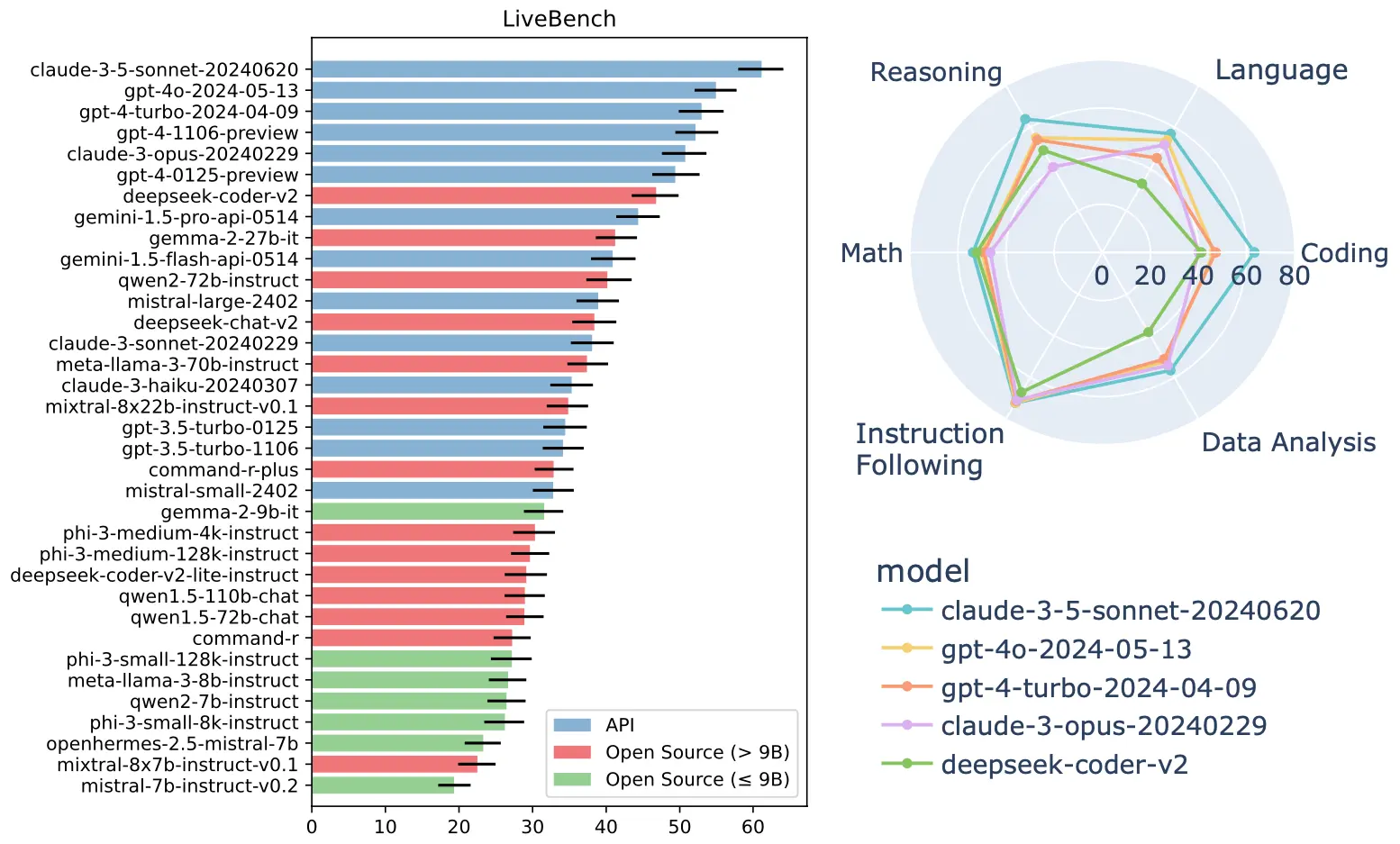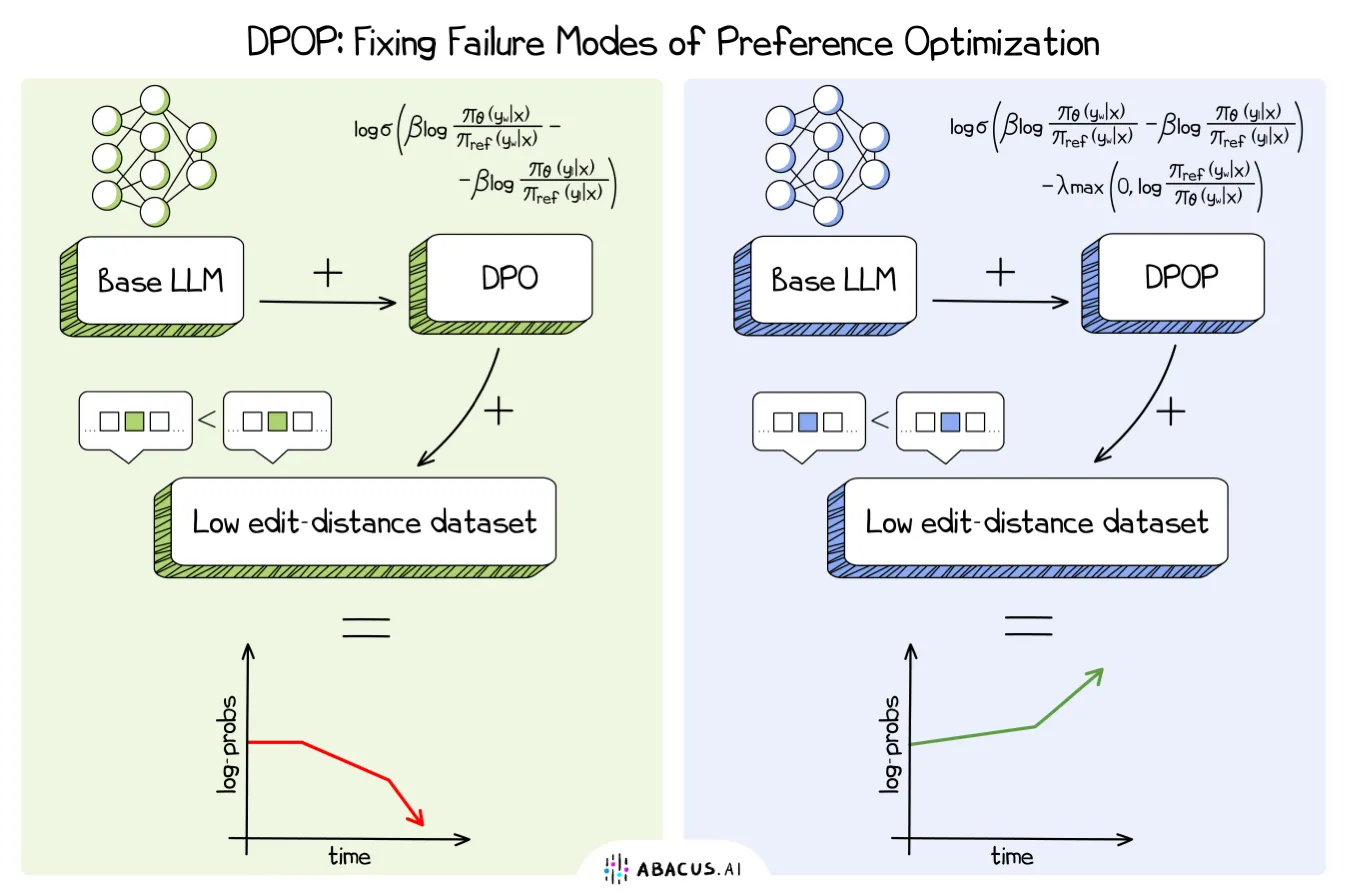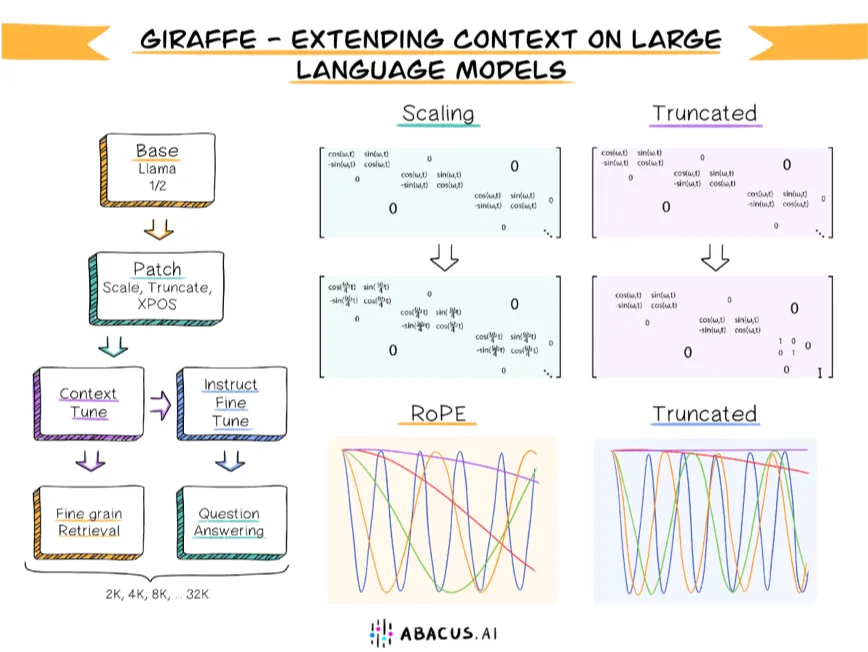
Request Access For A Free Trial
Processing...

 Forecasting and Planning
Forecasting and Planning
 Marketing and Sales AI
Marketing and Sales AI
 Anomaly Detection
Anomaly Detection
 Foundation Models
Foundation Models
 Language AI
Language AI
 Fraud and Security
Fraud and Security


 Structured ML
Structured ML
 Vision AI
Vision AI

 Personalization AI
Personalization AI
Processing...
Thanks for requesting access to Abacus.AI, we will get back to you shortly























